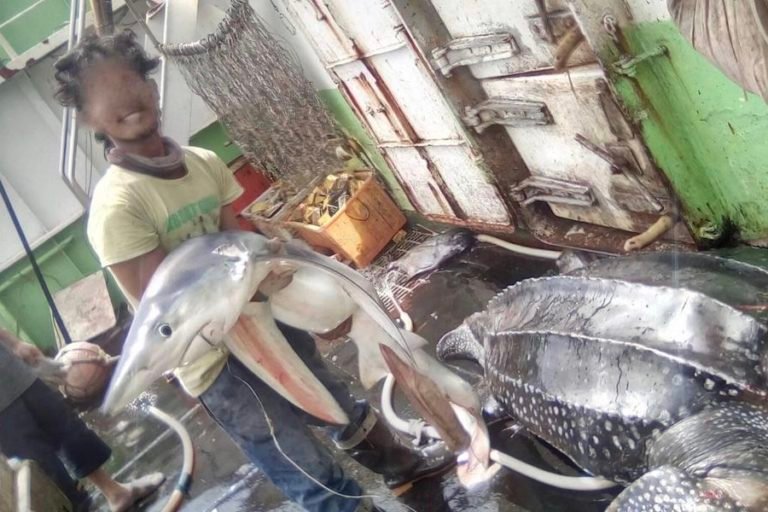Collaboration is seen as one solution to the problem of rising costs and greater uncertainty, and one arable farming group in north Northamptonshire is showing the value of working together.
Brixworth Farming was established 22 years ago and members have since benefited, especially during tough times when they could have seen losses if still operating as separate businesses.
So with rising costs and a more unpredictable climate, other farmers may consider joint ventures to increase the resilience of their businesses.
See also: Grower returns to milling wheat with low fertiliser needs
Farm facts
- Area: 2,000ha arable cropping
- Rotation: winter wheat, winter barley, spring break crop of oats or canary seed, winter wheat and winter beans. For worst blackgrass fields, instead of winter barley, there will be two spring crops – spring barley followed by canary seed or oats
- Flexibility to do fewer and more targeted cultivations by having two drills: an 8m Väderstad Rapid and 12m Horsch Sprinter
- Cover cropping and catch crops
Brixworth Farming’s managing director Ian Matts explains some of the elements of his group’s success.
Type of joint venture
He says the starting point is deciding the type of joint venture. They vary widely, from simple machinery sharing agreements to more involved arrangements with a single team of staff and machinery fleet.
Mr Matts believes the secret to Brixworth’s longevity is that everything is pooled.
Back in 2000, he says the founders, which included his father Charles, recognised that to get the real benefits from working together, they had to go “all in”.
He explains that the net margins of all crops grown are shared between the members. It also means the risks are pooled across the land, thereby, de-risking arable farming.
But they are still individual farms and the shareholders can still be involved with decision making, but without the stress of the day to day management, he says.
Pooling also helps with planning as it enables Mr Matts to manage the area as if it was one single farm. For example, at harvest he can prioritise crops.
He recalls in the group’s first harvest, delays meant one business ended up losing premiums on a crop.
Another reason why it works for Brixworth is that all the farmers have areas of both heavy and light land and some crops do better on the light land and others on the heavy areas.
So overall, no one is better or worse off than the others.
Brixworth’s “all in” approach
- Big reduction in machinery, going from 12 tractors to four, fewer staff and running two combines instead of four.
- By working together, the members can benefit from the latest innovation, but without the high cost.
- Share in the gain and pain, thereby, removing risk.
- Work closely with a local merchant to add value to crops.
- No grain storage, so members can benefit from other revenue streams by renting out buildings for other uses.
Good communication and direction
Another key factor is good governance. Brixworth has a board of directors made up of the four shareholders, Mr Matts plus an independent chairman.
He admits the shareholders can have differing views, but it’s about keeping them on board and having good communication.
Mr Matts sends a weekly email to shareholders and they receive monthly management reports and a quarterly board report.
Board meetings include a farm walk, seeing for themselves what has worked along with things that haven’t.
“They can then challenge what we are doing and they all get involved in the discussion.
“For example when blackgrass became a problem, the chairman asked me to put forward a blackgrass strategy outlining how we were going to deal with it.
And I gave them regular updates so everyone was aware of the short-term pain and how it was being tackled.”
The pooling approach really helps as the whole area can be managed for the weed and if a field needs to be sprayed off, the pain is shared and conversely, if a field really performs well, they will all gain.
Brixworth’s focused approach to blackgrass is now paying off and this year was the first they didn’t have to spray off areas of crop for the weed.
“We’ve had to firefight with five years of spring cropping in places which has brought it down to manageable levels.”
He uses a traffic light system for fields and manages them accordingly, red is high pressure and goes down to green once levels are down.
Reduced cultivations and late drilling has successfully kept them down, he adds.
Managing change
Another key factor to keep shareholders on board is to implement changes like regen farming at the right pace and show the benefits along the way. Mr Matts does this through benchmarking.
He uses AHDB’s Farmbench tool along with data analytics firm Yagro.
While it’s difficult to compare with other joint ventures, because they all differ, they do internally benchmark fields.
One example of how this has helped Mr Matts is with his recent yield review. Comparing fields revealed that more focus was needed on headland management.
Brixworth runs on 36m tramlines and with an average field size of 7ha, half of the area is headlands.
“One field was 85% headland and towards the bottom of yield list, so we took it out of production and into stewardship.”
He is also carrying out extra targeted cultivations on turning headlands to help raise yields and enable them to continue direct drilling.
Future
Looking ahead, the group is planning to expand, as the extra cultivations have built in more costs and areas have been lost to stewardship over the years.
He believes this approach will appeal to farmers who are looking to reduce costs, but don’t want to go down the contract farming route.
That’s because they can still be a farmer, but without the burden of farm management.
Ultimately, the shareholders have seen out the difficult times successfully and are in better shape to weather the challenging times ahead.
From crop management to land management
Over the two decades at Brixworth, there has been a change in emphasis, as stewardship has become more important to its shareholders.
While Brixworth started out as an arable cropping business, it is now a land management business, explains Ian Matts.
“There has been a swing to managing stewardship. We now have 200ha of legume fallow to manage across the farms.”
This has had an impact on the machinery fleet, with a 6m topper added to manage this area.












